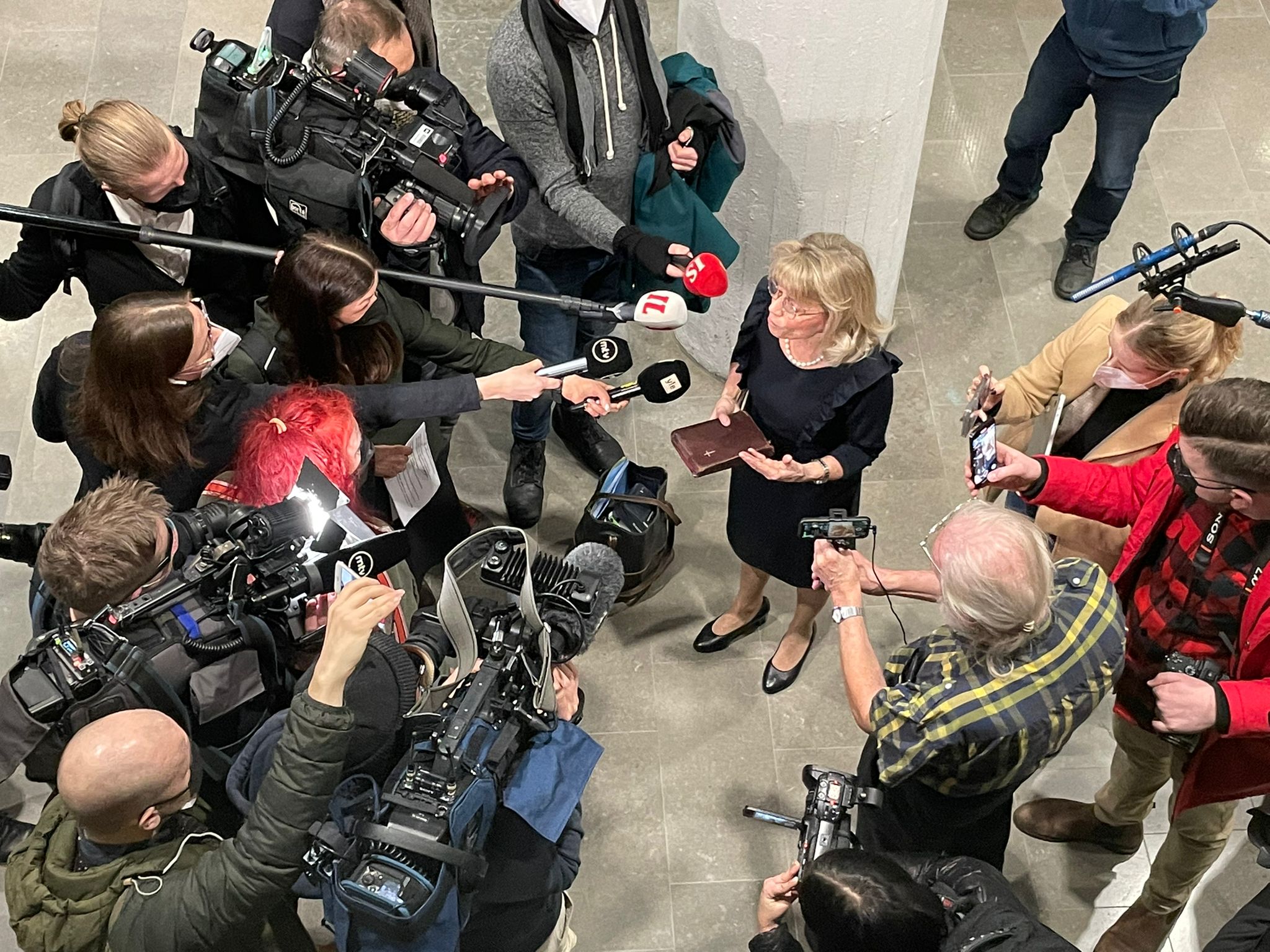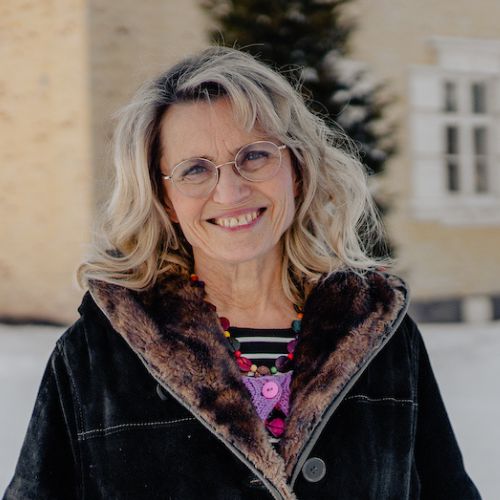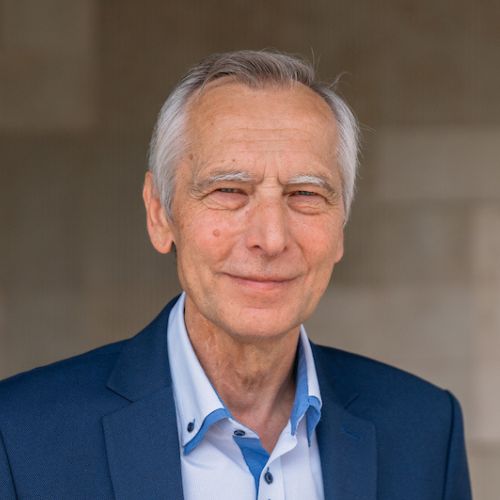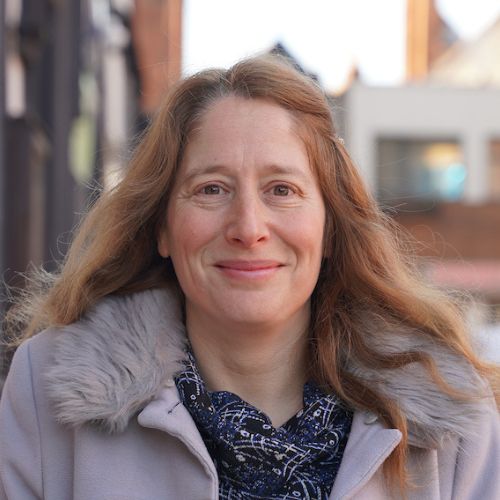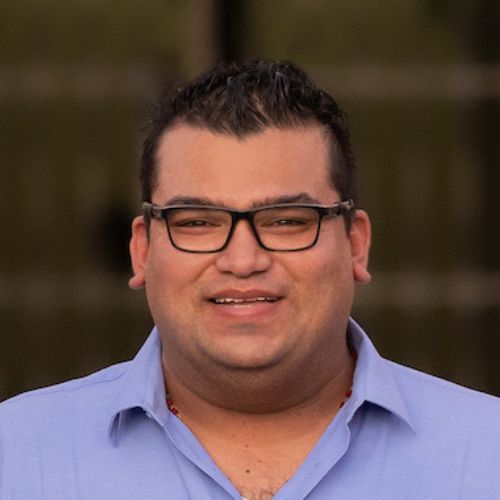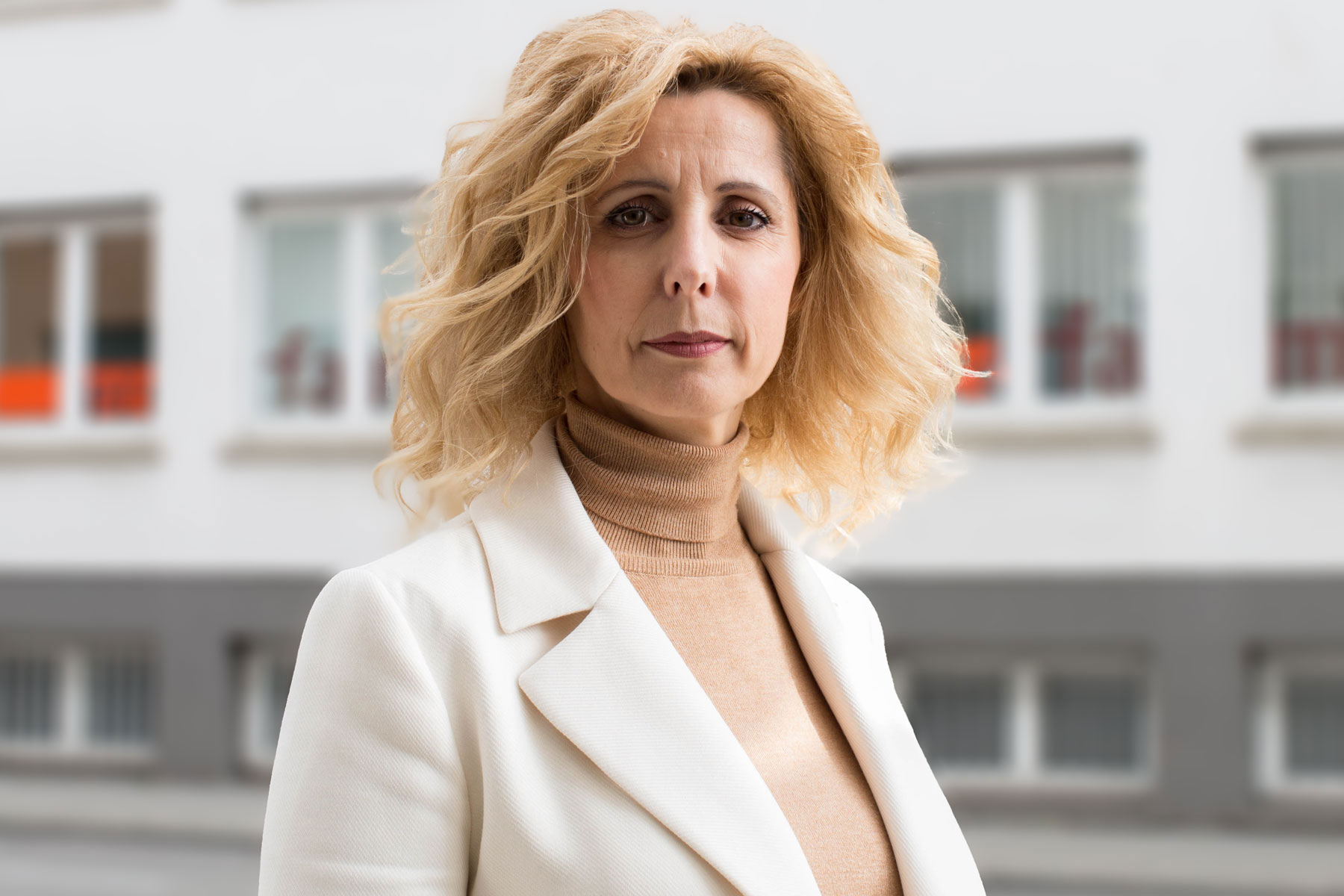Secure religious freedom today
We support the legal defence of many Christians unwilling to compromise. Will you help us support these brave individuals today with a gift?
Bible-tweet case to be heard at Finnish Supreme Court
Long-serving Parliamentarian and grandmother Päivi Räsänen to stand trial a third time for expressing Christian beliefs on marriage and sexuality on “X” (formerly Twitter)
Trending stories
Our Vision
ADF International advances the God-given right to live and speak the truth.
Life is safeguarded
Life is safeguarded
We uphold the inherent right to life under international law and support legal protections for life
Learn More
Religious Freedom prevails
Religious Freedom Prevails
We counter the global persecution of Christians and advocate for the right of all people to freely live out their faith
Learn More
All can speak freely
All can speak freely
We defend freedom of speech – the foundation of every free and democratic society
Learn More
Marriage and the family are protected
Marriage and the family are protected
We defend marriage and the family and challenge practices that destroy life and break family ties
Learn More
Parental rights are guaranteed
Parental rights are guaranteed
We ensure the primacy of parental authority in decisions affecting children
Learn More
Our Achievements
0
Wins Since 2010
0
Wins at the European Court of Human Rights
0
+
Open Advocacy Matters
Testimonials
Stay Informed
Get involved! Sign up to receive updates:
"*" indicates required fields







